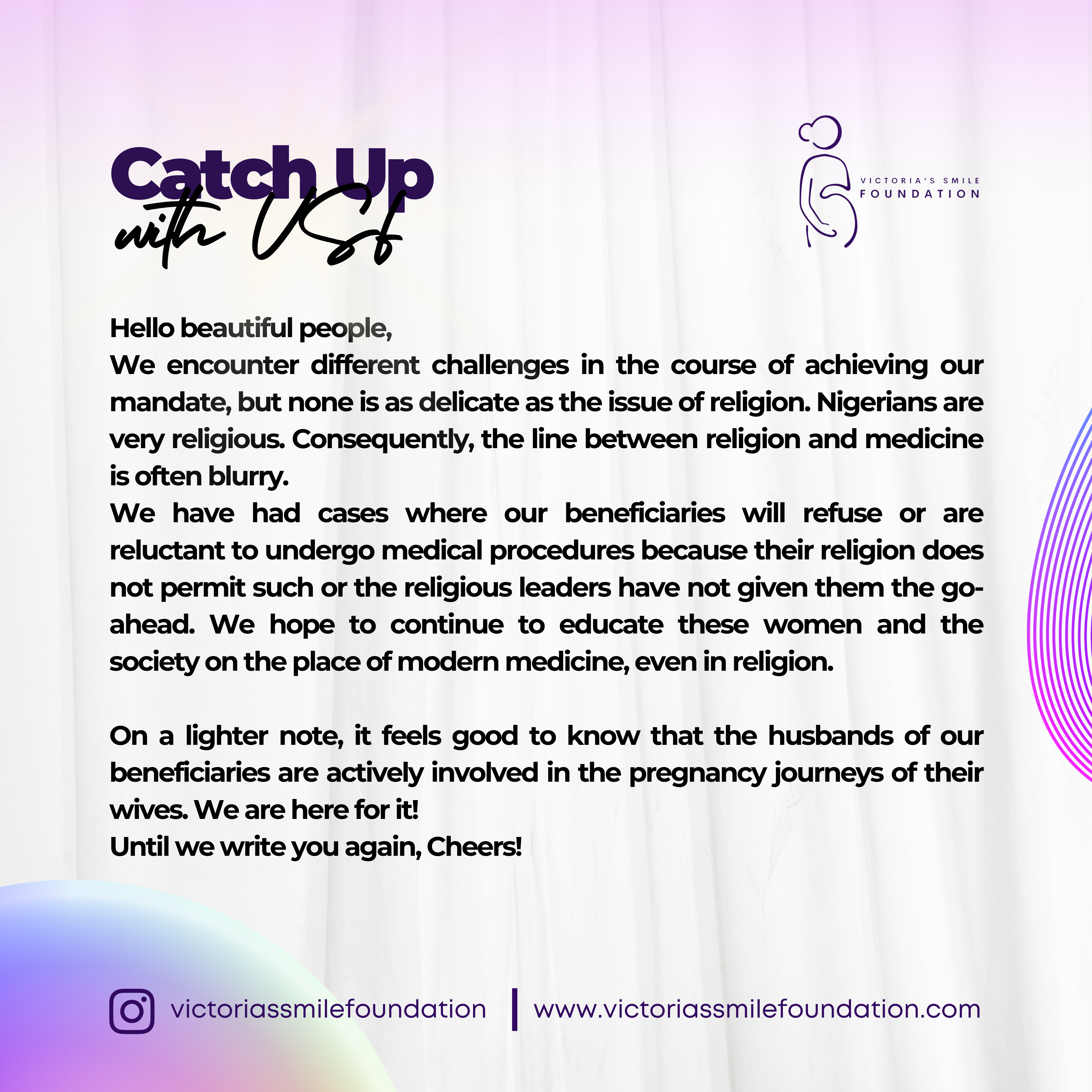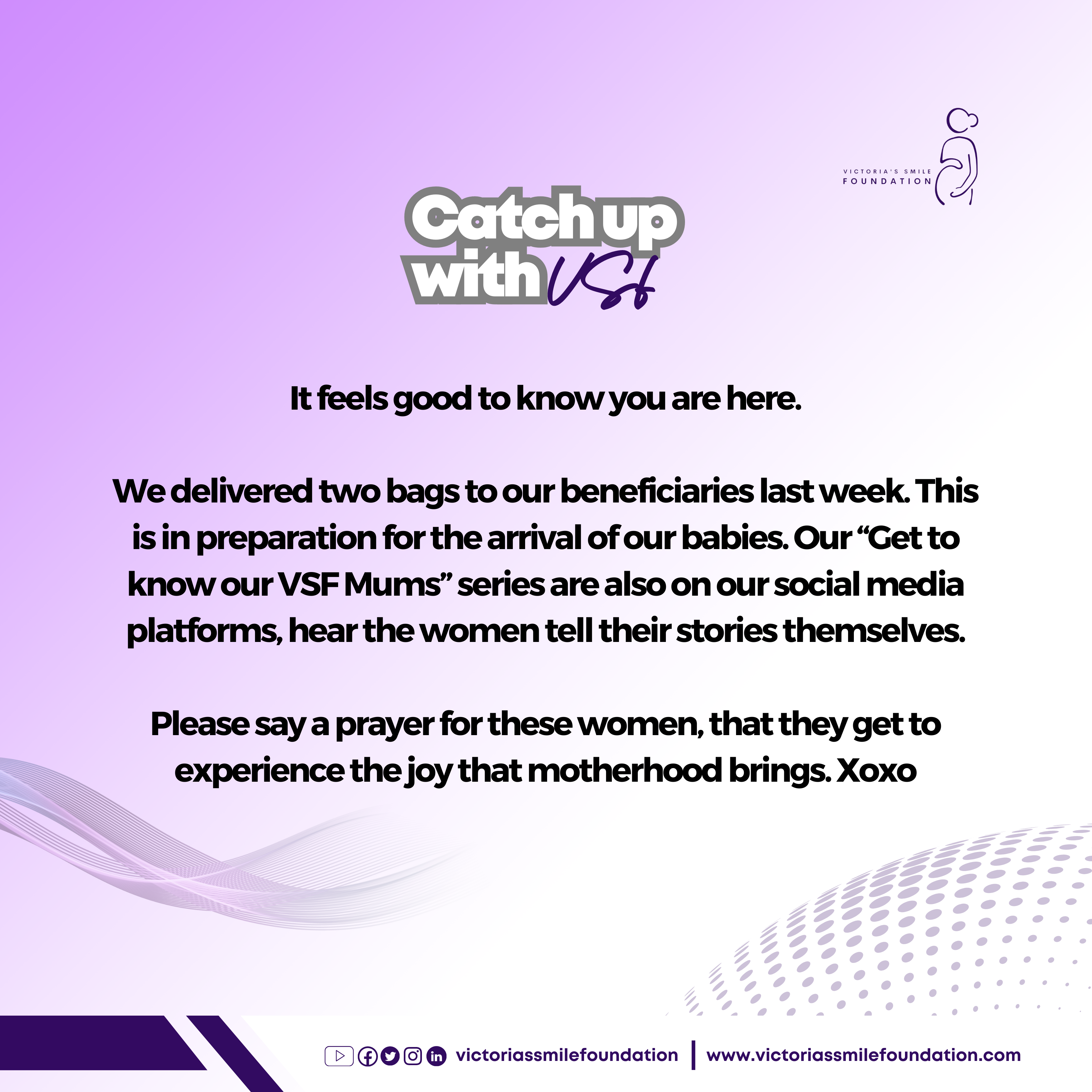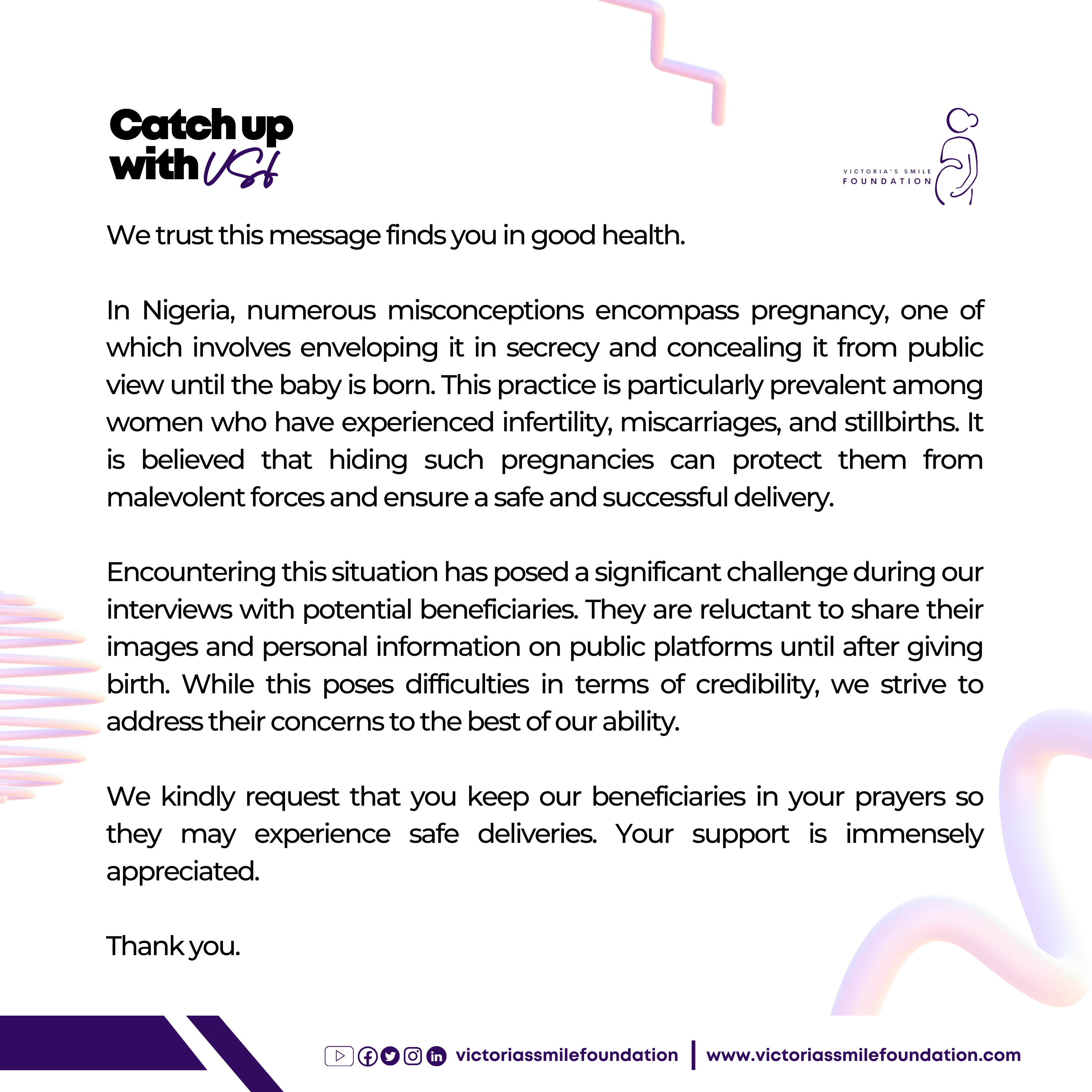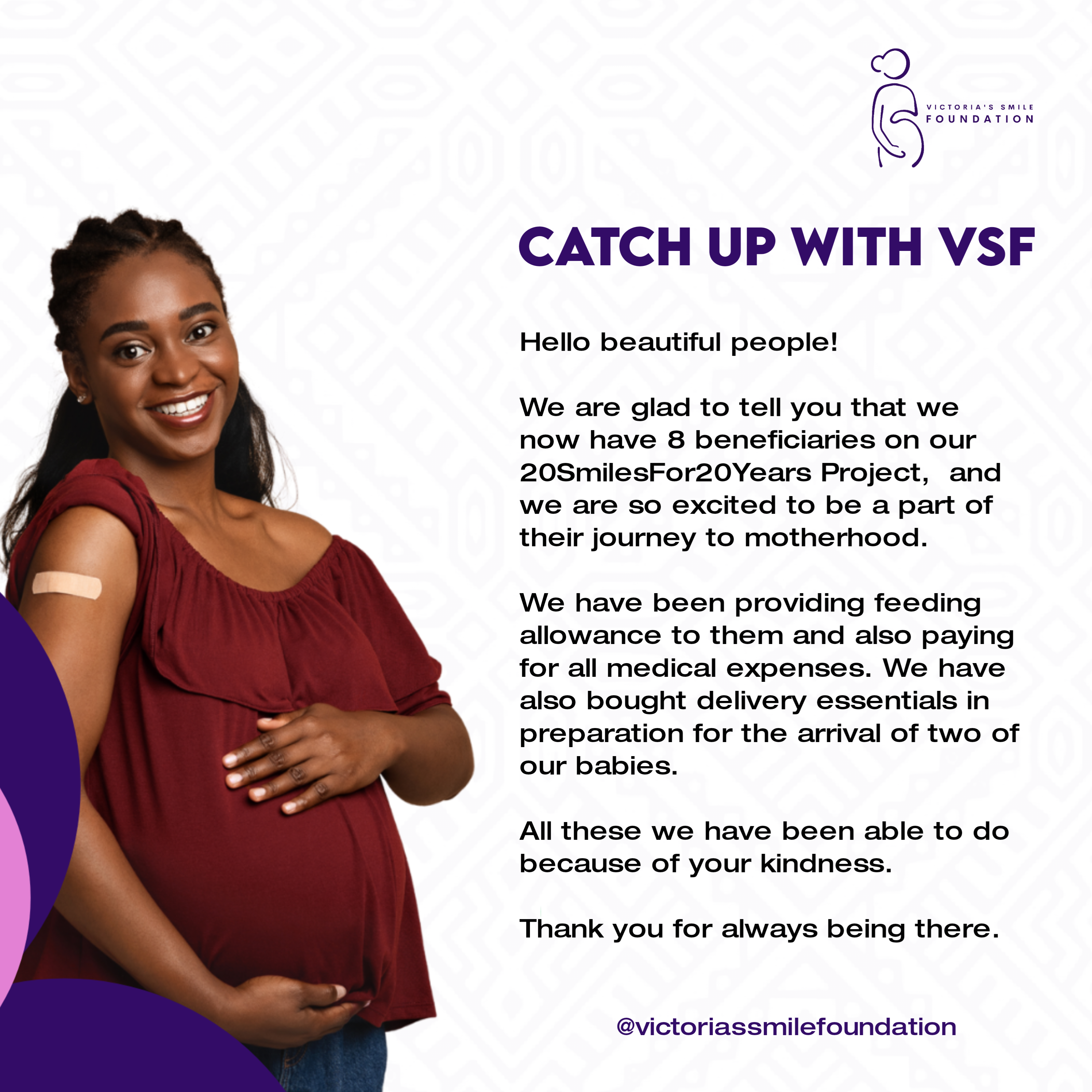Common Complications in Pregnancy. (I)
Hello, everyone! It’s great to reconnect with you on this platform. Today, we will be exploring Common Complications in Pregnancy. Some women experience health problems during pregnancy, involving the mother’s health, the fetus’s health, or both. Even women who were healthy before getting pregnant can experience complications, potentially making the pregnancy high-risk. Getting early and regular prenatal care can help decrease the risk for problems by enabling healthcare providers to diagnose, treat, or manage conditions before they become serious. Prenatal care can also help identify mental health concerns related to pregnancy, such as anxiety and depression. Some common complications of pregnancy include, but are not limited to, the following: High Blood PressureHigh blood pressure, also called hypertension, occurs when arteries carrying blood from the heart to the body organs are narrowed, causing pressure to increase in the arteries. In pregnancy, this can make it hard for blood to reach the placenta, which provides nutrients and oxygen to the fetus. Reduced blood flow can slow the growth of the fetus and place the mother at greater risk of preterm labor and preeclampsia. Women who have high blood pressure before getting pregnant will continue to monitor and control it, with medications if necessary, throughout their pregnancy. High blood pressure that develops in pregnancy is called gestational hypertension. Typically, gestational hypertension occurs during the second half of pregnancy and goes away after delivery. Gestational DiabetesThis occurs when a woman who didn’t have diabetes before pregnancy develops the condition during pregnancy.Normally, after digestion, the body turns parts of your food into a sugar called glucose, which is the primary energy source. To move glucose from the blood into the cells, the pancreas produces insulin. In gestational diabetes, hormonal changes during pregnancy can lead to insufficient insulin production or improper utilization. As a result, glucose accumulates in the blood, causing high blood sugar or diabetes. Managing gestational diabetes by following a treatment plan outlined by a healthcare provider is the best way to reduce or prevent problems associated with high blood sugar during pregnancy. If not controlled, it can lead to high blood pressure from preeclampsia and having a large infant, which increases the risk of cesarean delivery. InfectionsInfections, including some sexually transmitted infections (STIs), may occur during pregnancy or delivery, potentially leading to complications for the pregnant woman, the pregnancy, and the baby after delivery. Some infections can pass from the mother to the infant during delivery when the infant passes through the birth canal. Other infections can infect a fetus during pregnancy. Many of these infections can be prevented or treated with appropriate pre-pregnancy, prenatal, and postpartum follow-up care. As we conclude today’s episode, remember that infections during pregnancy can be prevented or treated with proper care. Join us for the concluding part of this discussion in the next episode. Until then, stay healthy, and goodbye for now.
Common Complications in Pregnancy. (I) Read More »









